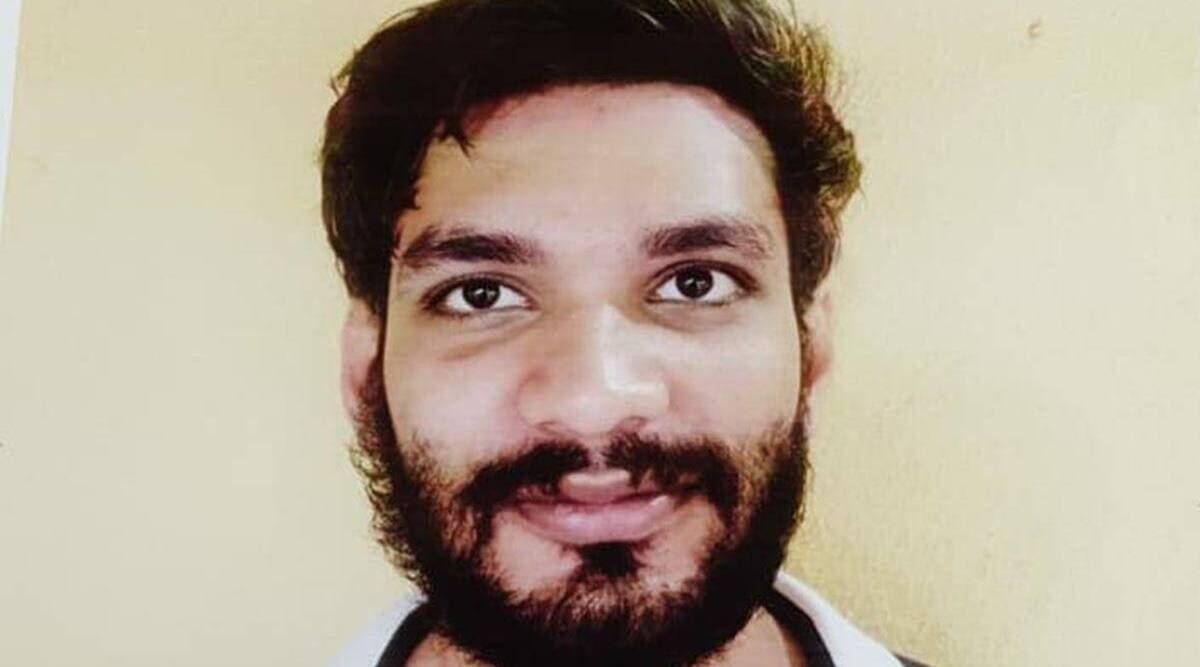The Bengaluru city police have written to the state CID to conduct further investigations into the infamous Bitcoin scam that surfaced in Karnataka in 2020 during the regime of the previous BJP government. The case involved allegations of police-politician nexus in diverting the wealth found with hacker Srikrishna Ramesh alias Sriki, 29.
Since the Congress came to power in Karnataka last month after deposing the BJP, state Home Minister G Parameshwara has stated that the Bitcoin scam would be re-examined. Police sources said Bengaluru Police Commissioner B Dayanand has now written to the state Criminal Investigation Department (CID) to carry out investigations into the scam.
A former ED official who investigated the suspected money laundering involved in the hacking cases against Sriki was recently posted to Bengaluru city by the state government. The hacker was reportedly linked to the sons of several top politicians in Karnataka.
Earlier in 2020, the Central Crime Branch (CCB) of the Bengaluru police had stumbled on the suspected possession of a large quantity of Bitcoin following Sriki’s arrest in a case of procuring drugs over the dark web using cryptocurrency. The hacker reportedly claimed to have acquired a large amount of Bitcoin by hacking exchanges.
Investigations in the drug case led to the CCB filing a second case against the hacker and his high-profile associates for allegedly hacking online poker sites and crypto exchanges to acquire wealth through illegal means. The CCB investigations were however hit by allegations of corruption and diversion of wealth in the possession of the hacker gang.
The CCB probe initially claimed to have recovered 31 bitcoins worth Rs 9 crore from the hacker, but the police later claimed to have been duped by the hacker into believing that the cryptocurrency at an exchange was transferred to an online seizure wallet created by the police to hold the recovered bitcoins.
The CID at the same time was investigating a July 2019 hacking of the state e-procurement cell in which Rs 11.5 crore was stolen. The CCB probe in 2020 revealed that the hacking gang led by Sriki was behind the e-procurement cell hack.
The CID and CCB were at virtual loggerheads during the investigations of the crimes following Sriki’s arrest in November 2020, with the agencies fighting a turf battle for his custody and for materials seized from the suspect.
The CID’s cyber crime division sent seven letters to the CCB unit that arrested the hacker in November 2020 seeking data from computer devices belonging to him and approached a court on two occasions for the data before it was eventually handed over, a CID chargesheet in the e-procurement cell hacking case revealed in December 2021.
The CID and the Directorate of Enforcement (ED), which also looked at the e-procurement cell hacking case, were able to recover only a small portion of the Rs 11.5 crore stolen funds.
The CID filed a charge sheet on December 15, 2021 against Sriki and 17 others for the 2019 heist at the state e-governance cell. It involved charges of theft, receiving of stolen property, disposal of stolen property, causing disappearance of evidence, destruction of evidence, and criminal acts against the hacker Srikrishna Ramesh, his associates Sunish Hegde, a civil contractor, Hemanth Mudappa, a racer, and 15 others.
“Some of the corruption allegations have come up due to an ego clash between some officers in the CCB and the CID over the handling of the cases,” sources in the Karnataka police department said in 2021.
In an additional statement in a case where he is accused of hacking a poker gaming site, Sriki claimed that he voluntarily agreed to give away Bitcoins in his possession to the police. “I understood the case scenario that even if I do not give them the Bitcoins they can use forensic methods to find the Bitcoins. Post consultations I voluntarily accepted (sic) to give away Bitcoins which I had kept in various wallets in different cryptocurrencies,” read the statement.
The cryptocurrency was trading at over $50,000 per Bitcoin when Sriki was arrested in 2020.
The ED, which is investigating Sriki’s transactions for possible money laundering, has been looking at the receipt of an unexplained amount of 50,000 British pounds by his brother Sudarshan Ramesh as possible crime proceeds. The amount was subsequently transferred to a person identified as Hanish Patel, a UK resident.
The CID probe in the e-procurement cell hacking case had revealed that the gang involved in the hacking of the e-procurement portal of the centre for e-governance of the Karnataka government in July 2019 – resulting in the theft of Rs 11.5 crore – laundered the stolen money through an elaborate network created ahead of the crime.
A separate money laundering probe carried out by the ED (parallel to the CID probe) resulted in the seizure of Rs 1.43 crore of stolen funds classified as proceeds of the hacking crime.
The ED, in a seizure report, stated that the gang involved in the hacking paid commissions to businessmen who received stolen funds in their accounts to facilitate cash transfers back to the hackers.
Credit: Source link















































